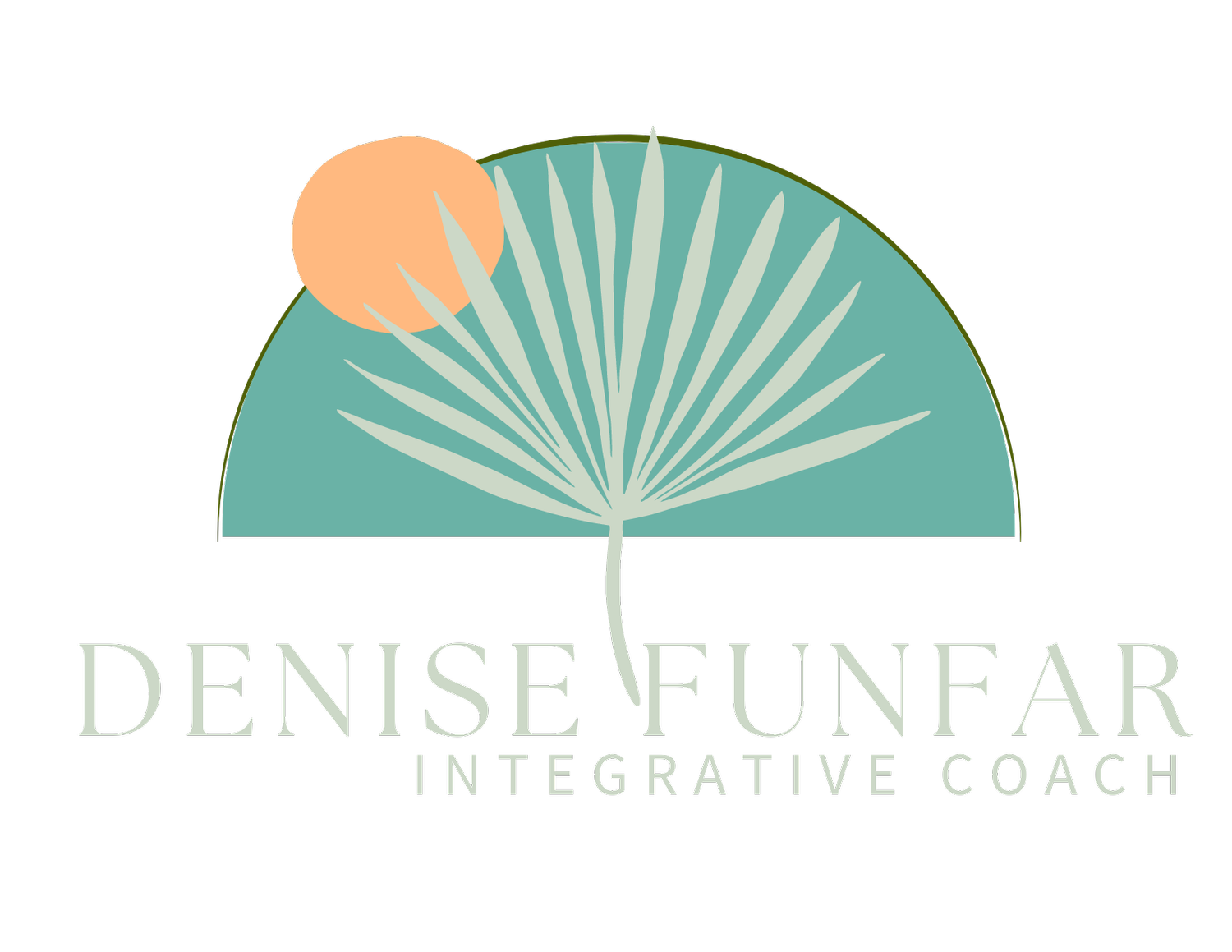How did I get here?
My Own Healing Journey
I want to give you a little background on what has brought me to where I am today.
I spent a lot of my life living with high-functioning anxiety and high-functioning codependency that would dip into depression and symptoms of burnout.
The theme here is high-functioning! Even when I struggled on the inside with feelings of inadequacy, lack of belonging, overwhelm and self-criticism, I was always “successful” in school, life and career.
I had a hard time separating from external definitions of success to hear my own inner compass of what was right for me. It led to perfectionism, rumination and indecision.
In my early 20’s, my strategy was to push myself to be better and to do more to measure up.
I was labeled a top performer at my big corporate job, gave the speech at my master’s graduation ceremony, and ticked many other boxes of achievement, but I was burning out.
Motivated by both professional curiosity and personal need, I spent the next ten years learning as much as I could about the intersection of wellbeing and performance, childhood and societal conditioning, and approaches that worked to manage my obsessive thinking and socially anxious tendencies. I was no longer in the dark.
I had information and tools, but the symptoms were still there to be managed. I was informed, but still hurting.
It was right after moving back to Sweden for grad school that I started taking classes in Mindfulness. I would meditate in the closet of the one-bedroom apartment I shared with my now husband.
This new perspective that I was not my thoughts and emotions, but rather the “witness” of them became my lifeline to mental freedom.
I was introduced to the concepts of acceptance and non-judgement both from the lens of spirituality and neuroscience.
At 31, I took the course that would change my life: Mindful Self-Compassion by Kristin Dr. Neff and Dr. Chris Germer.
Now, regardless of how imperfect or anxious I was, I started learning how to show up for myself with kindness, not because I needed fixing, but because I was hurting.
I knew I wasn’t ready yet, but that this message would eventually be at the core of my life’s work.
Around this time, I finally took myself to see a traditional therapist. It was talk therapy. It was short lived. The absence of spirituality and intuition in the traditional mental health setting felt incomplete and surface-level to me.
It felt good to speak my pain and be witnessed, but I already possessed a strong understanding and tool box through my training. I was looking for transformation (I think clinical therapy is a critical piece to healing. I would have benefited greatly if I had developed a relationship with a trusted therapist earlier in my journey. ALWAYS GET THE HELP).
She instead referred me to an Integrative Psychologist who practiced Energy Psychology.
This is where things really changed for me. Instead of just understanding my challenges or knowing how to manage my symptoms, I continued to transform with the help of applied kinesiology, somatic work and a larger healing paradigm that included mind, body and spirit.
Many of these are the same methods I have been trained in and use with my own clients today, in addition to my traditional schooling in coaching, business and leadership.
It’s not about “fixing” myself. I am already whole and I will never “get there.” What I return to over and over again is the practice of kind acceptance for myself, others and my circumstances, learning to be here with what is and showing up even when things are hard.
At the same time, I don’t experience the same challenges of my past. There came a point when I switched over from needing to heal to learning how to thrive and embracing the person I am.
We absolutely need clinical mental health practitioners. It’s not about removing anything, rather it’s about widening the lens to include more.
There is a smorgasbord (I’m Swedish, remember?) of effective holistic approaches out there for wellbeing and performance, a surprisingly large amount of them already supported by science, just not yet common knowledge.
I want to be part of expanding mental health and coaching models to move beyond labeling pathologies and improving mindsets. This includes connection to one’s inner knowing and celebrating the unique possibilities and strengths that often also accompany the challenges of highly-sensitive people.





